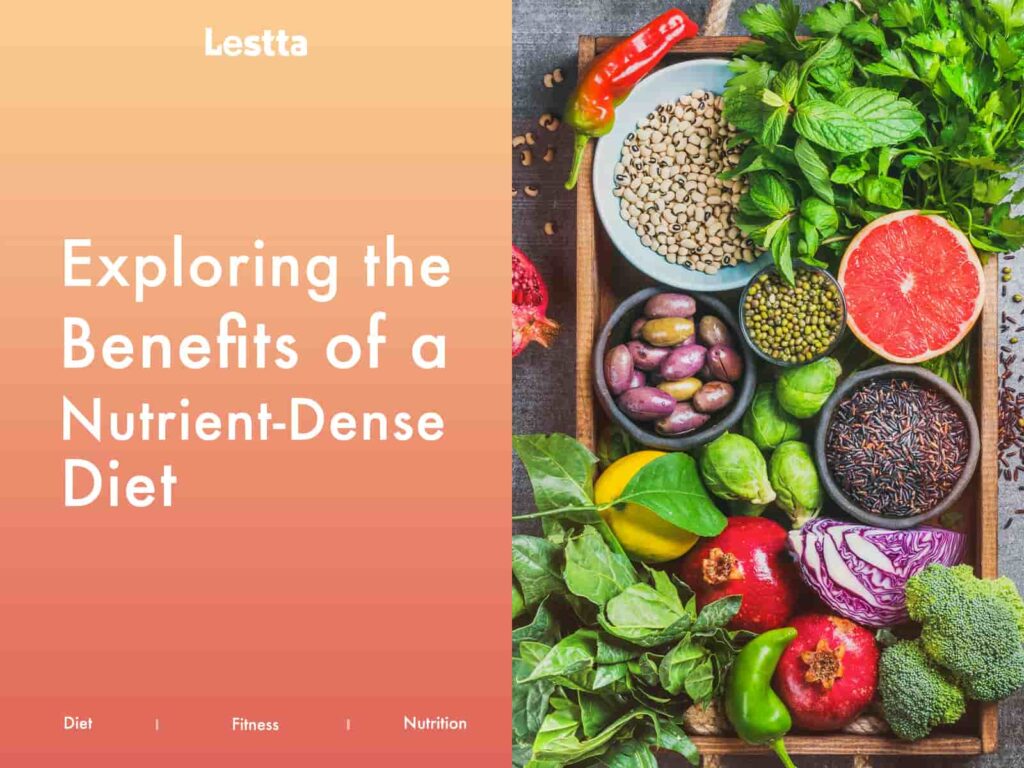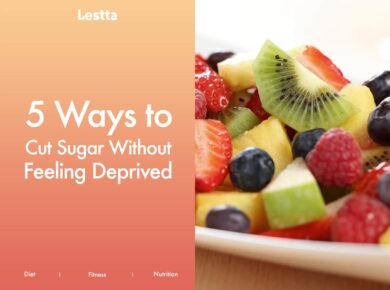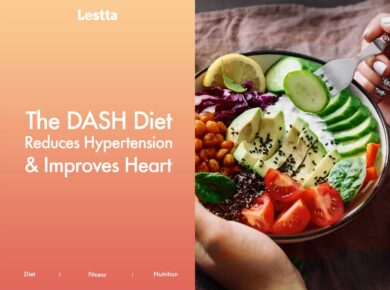
A nutrient-dense diet is a powerful way to nourish our bodies with the essential vitamins, minerals, and macronutrients they need to thrive. It focuses on consuming foods that are rich in nutrients while limiting empty calories. In this article, we will delve into the numerous benefits of adopting a nutrient-dense diet and how it can positively impact your overall health and well-being.
1. Enhanced Nutritional Content
A nutrient-dense diet prioritizes foods that are naturally abundant in nutrients, such as fruits, vegetables, whole grains, lean proteins, and healthy fats. By incorporating these foods into your daily meals, you increase your intake of essential vitamins, minerals, and antioxidants.
This helps to support optimal functioning of various bodily systems, boost immunity, and promote overall vitality.
2. Improved Energy Levels
One of the remarkable benefits of a nutrient-dense diet is the sustained energy it provides. Unlike processed foods that cause energy crashes, nutrient-dense foods offer a steady release of energy throughout the day.
Complex carbohydrates found in whole grains, along with lean proteins and healthy fats, provide a balanced source of energy, preventing fatigue and promoting mental alertness.
3. Weight Management
A nutrient-dense diet can be highly effective for weight management and maintaining a healthy body weight. These foods are typically lower in calories while being rich in essential nutrients, which helps to satisfy hunger and reduce cravings.
By incorporating a variety of nutrient-dense foods into your meals, you can promote satiety and reduce the likelihood of overeating.
4. Enhanced Digestive Health
Fiber-rich foods, such as fruits, vegetables, and whole grains, are integral components of a nutrient-dense diet. These foods promote healthy digestion and regulate bowel movements, preventing constipation and supporting a healthy gut microbiome.
Additionally, a nutrient-dense diet can reduce the risk of gastrointestinal issues, such as bloating and indigestion.
5. Reduced Risk of Chronic Diseases
Consuming a diet rich in nutrient-dense foods is associated with a lower risk of chronic diseases. Nutrient-dense foods are packed with antioxidants, which help combat oxidative stress and inflammation in the body, reducing the risk of conditions like heart disease, diabetes, and certain types of cancer.
Additionally, the abundance of vitamins and minerals supports overall immune function, protecting against illnesses.
6. Improved Cognitive Function
The brain requires a steady supply of nutrients to function optimally. A nutrient-dense diet provides essential nutrients that support cognitive health and can enhance memory, focus, and overall brain function.
Foods rich in omega-3 fatty acids, such as fatty fish and walnuts, along with antioxidant-rich fruits and vegetables, play a vital role in brain health and may help reduce the risk of age-related cognitive decline.
Conclusion
Embracing a nutrient-dense diet offers a myriad of benefits for your health and well-being. Make a conscious effort to incorporate nutrient-dense foods into your daily meals, and experience the positive impact it can have on your overall quality of life.
Remember, a nutrient-dense diet is a long-term commitment to nourishing your body with wholesome, nutrient-rich foods. By prioritizing nutrient density, you are taking a proactive step toward better health and vitality.









